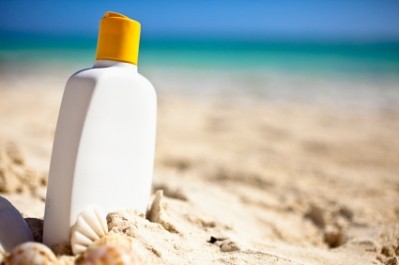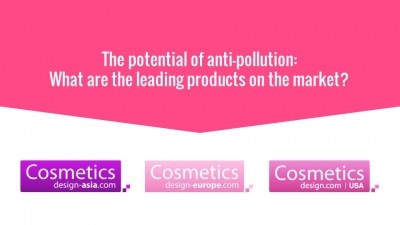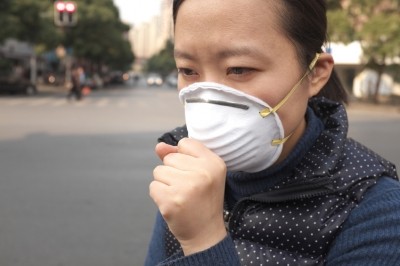Scientists find link between sun beds and lower use of sunscreens

The findings demonstrate how difficult it can be to convey the importance of sun protection to individuals who place a sun tan as a high priority, while conversely ignoring warnings about the importance of sun protection.
Tanning equipment has been repeatedly linked to an increase risk of skin cancer, so the findings underline how a distinctly cavalier attitude to sun protection can serve to significantly heighten the risks for these individuals.
Far-reaching study data
The study was led by Alexander Fischer, M.P.H., of the Johns Hopkins University School of Medicine, in Baltimore, US, and the findings were published in a recent edition of the peer-reviewed JAMA Dermatology.
Along with his team, Fischer compared data used in the 2015 National Health Interview Survey in a study that compiled infomraiton from a group of 10,262 non-Hispanic white adults, chosen for the groups prevalence in indoor tanning use and high incidence of skin cancer.
The group was aged between 18 and 60 and represented a balanced male-to-female ratio. The participants’ responses to the survey showed that 787 (approximately 7%) had used indoor sun tanning equipment in the past year, while 3.6% reported moderate indoor tanning, while 3.4% reported frequent indoor tanning.
According to an abstract from the report findings, the results of the survey showed:
- In the overall study population, more frequent tanning bed use was associated with poor use of sunscreen, protective clothing and shade and it was associated with having had multiple sunburns in the past year, according to study results.
- Among young people 18 to 34, those who frequently tanned indoors were more likely to report rarely/never wearing protective clothing and rarely/never seeking shade on a warm sunny day compared with those who did not tan indoors.
- Women who frequently tanned indoors were more likely to report rarely/never applying sunscreen, rarely/never wearing protective clothing, rarely/never seeking shade and multiple sunburns in the past year compared with women who did not tan indoors.
- Men who frequently tanned indoors were more likely to rarely/never seek shade seek shade and men who moderately tanned indoors were more likely to rarely/never use protective clothing and to report multiple sunburns in the past year compared with men who did not tan indoors.
- People who tanned indoors were not more likely to have undergone a full-body skin examination compared with those adults who do not tan indoors.
Fischer says the results showed that there is a distinct correlation between those individuals who use sun tanning equipment and a lack of awareness or disregard for outdoor sun protection.
For sunscreen manufacturers, dermatologists and medical professionals, this contrast underlines a need to educate and encourage sun care protection in this particular group, while also stressing the fact that this is also probably the hardest group of people to get that message across successfully.





















